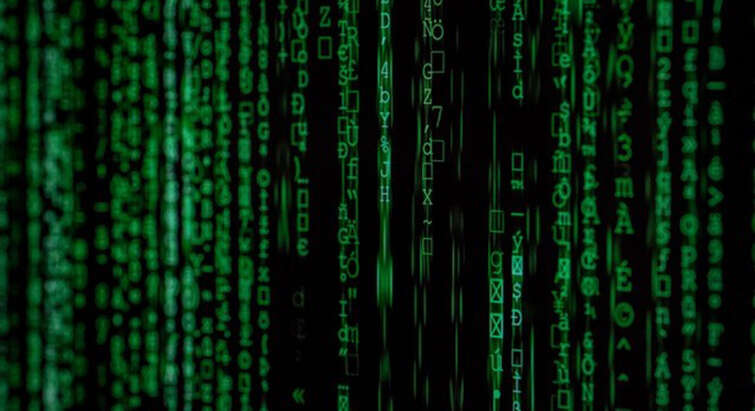
News about Politics
Viser 169 til 192 af 308 dokumenter.


Modern arms technologies help autocratic rulers stay in power
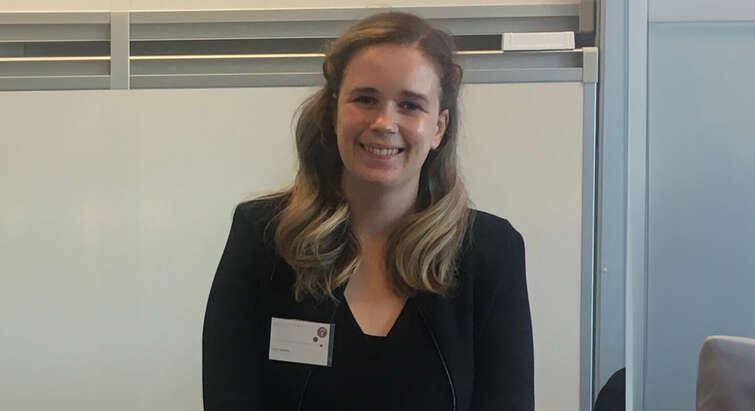
Disasters, Climate Change and Law: Reflections from the NEEDS conference and COPE stay

Presentation of Ethnoplatform at Als Research consultancy

CMS Researcher Cornelia Baciu publishes new article
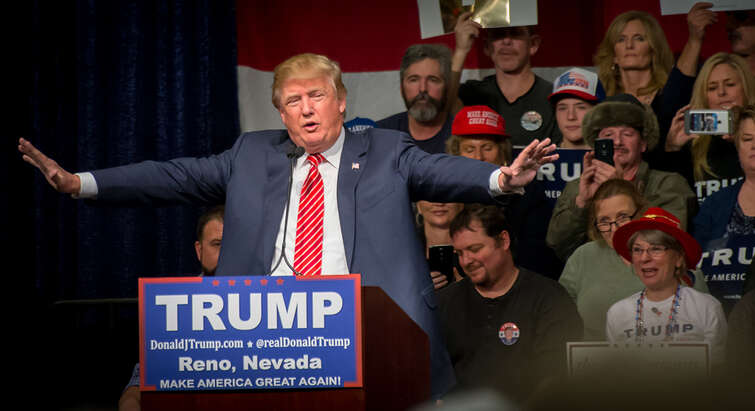
Russia’s disinformation campaign in the US did not influence political attitudes or voting behavior

What characterises emergency response to slowly developing crises and disasters?
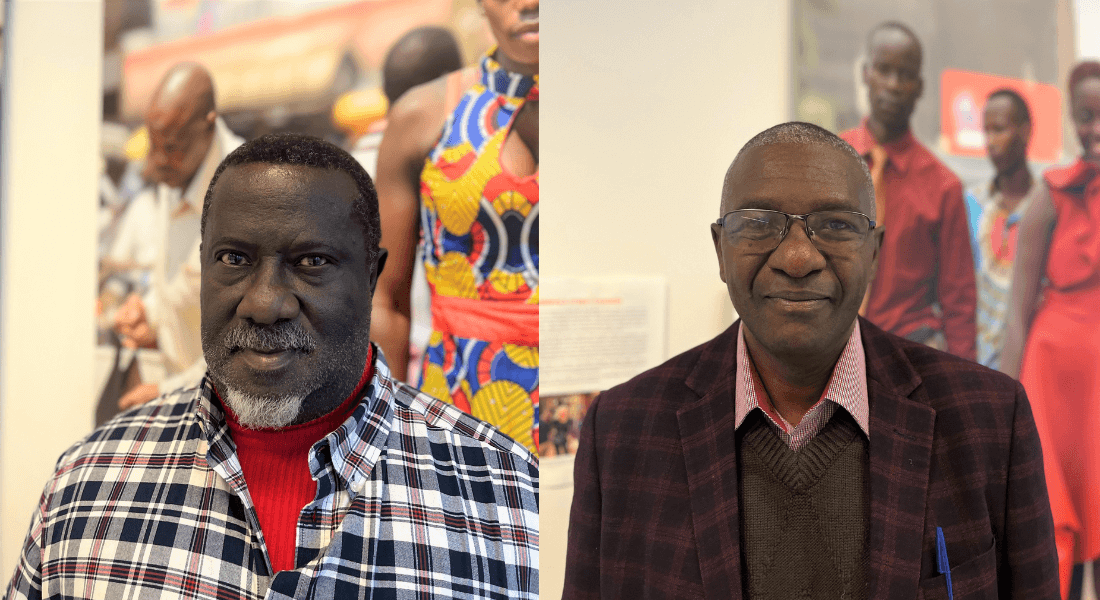
Featuring CERTIZENS at Copenhagen University
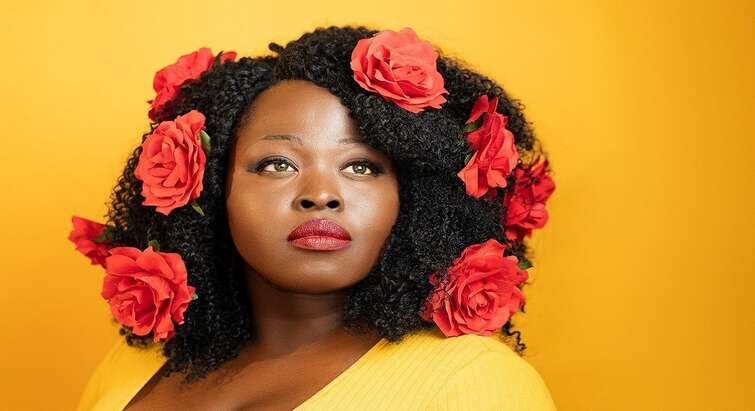
Guest PhD researcher, Nai Kalema, links up with CERTIZENS in Copenhagen

The Power of Morality in Movements
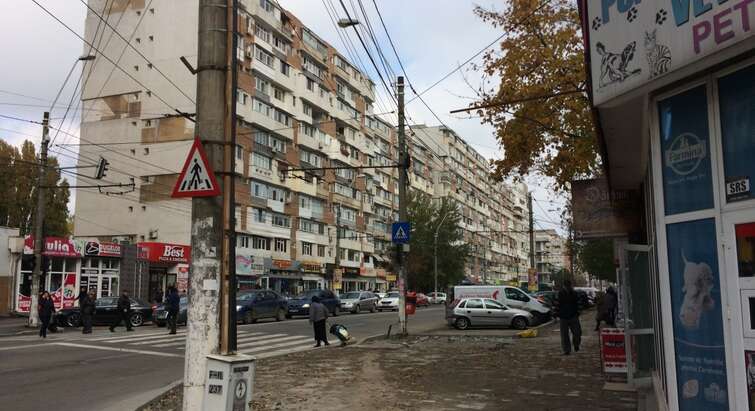
Who are the people behind human trafficking?
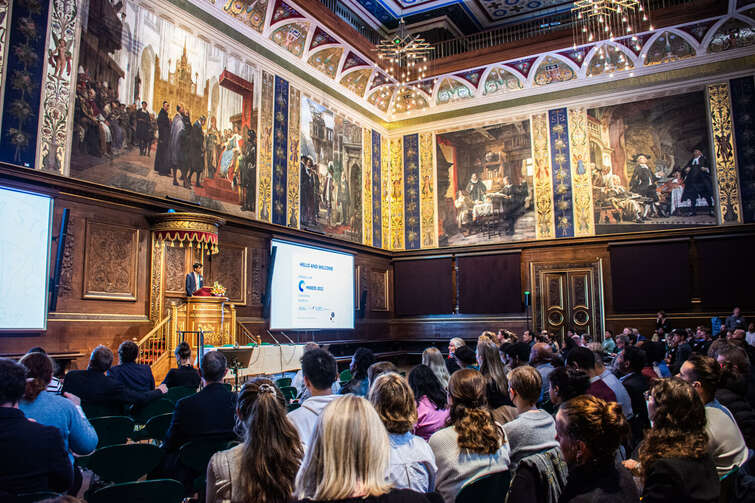
Multiple Perspectives, Cultivating Communities: Reflections on the NEEDS 2022 Conference
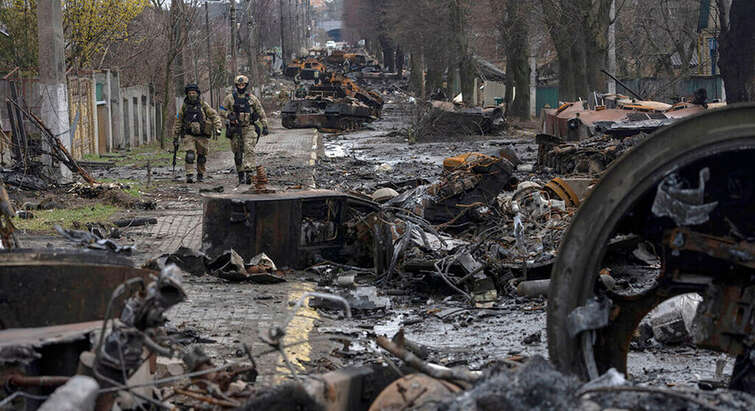
Politologist will bridge sciences to solve humanitarian crises
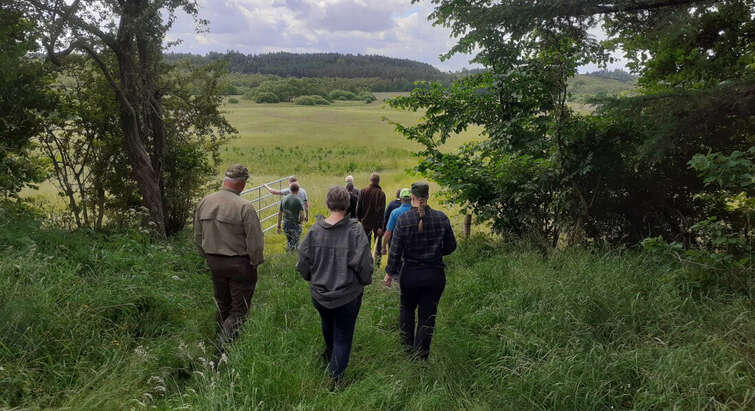
A new land reform can address climate challenges facing the agricultural sector, researchers argue
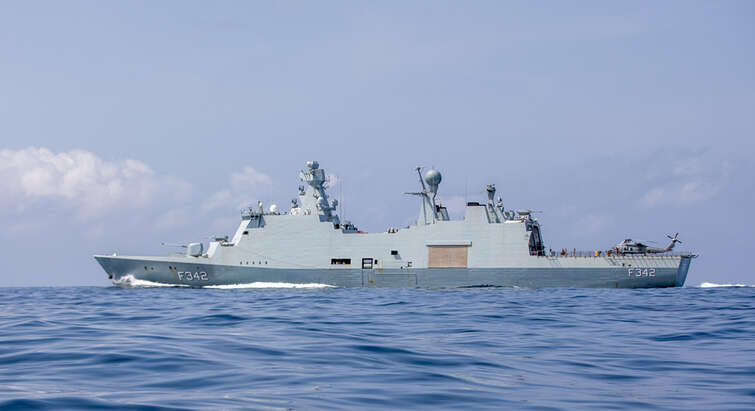
SAMF researcher contributes to court case against suspected pirate

Almost every other Dane is trying to cut back on meat
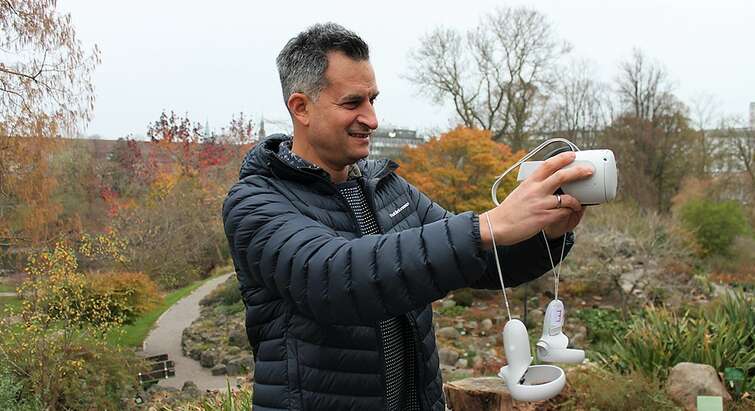
Psychology professor: Experiences in Virtual Reality can motivate us to climate action

Psychology professor: Experiences in Virtual Reality can motivate us to climate action
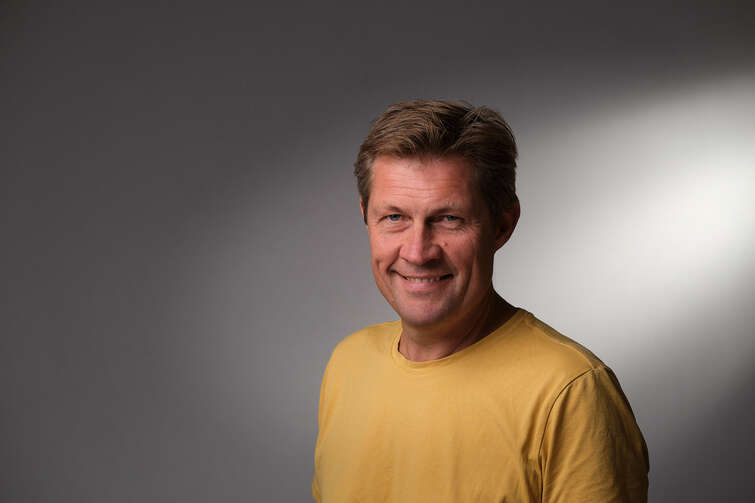
Essay about Danish Flexicurity: Rights and Duties
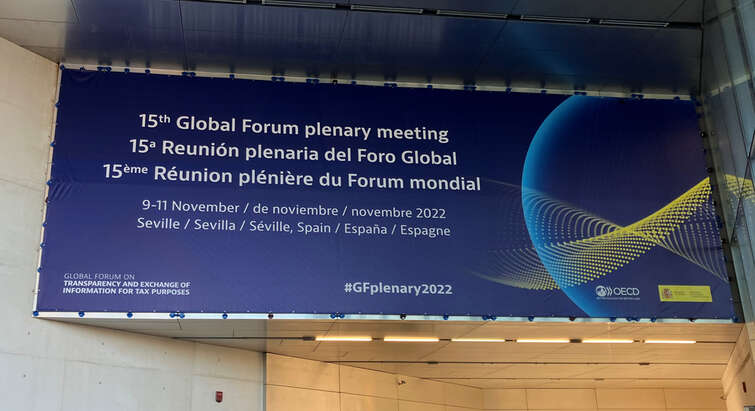
Niels Johannsen on Global Forum
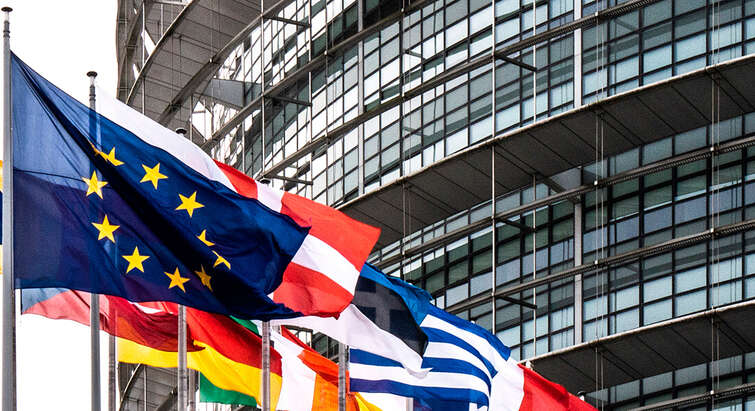
The EU and Denmark: Golden anniversary at a time of democratic unrest and upheaval

The Meaning in the Machine - August Lohse presents at DDAS
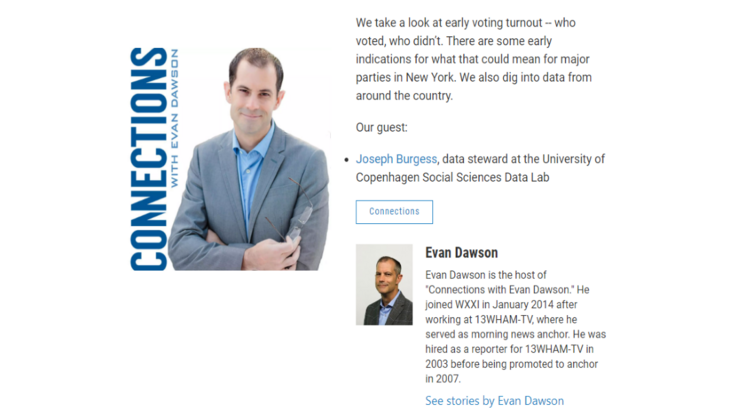
Joseph Burgess on radio show "Connections with Evan Dawson"
